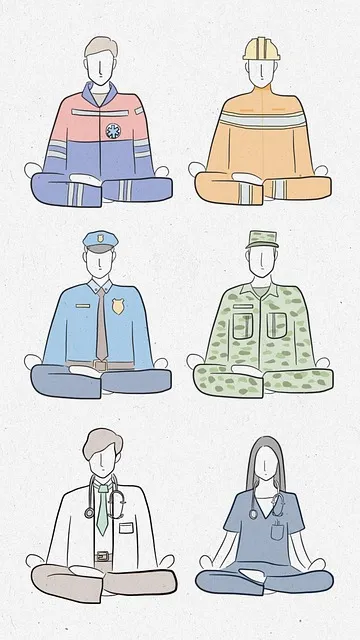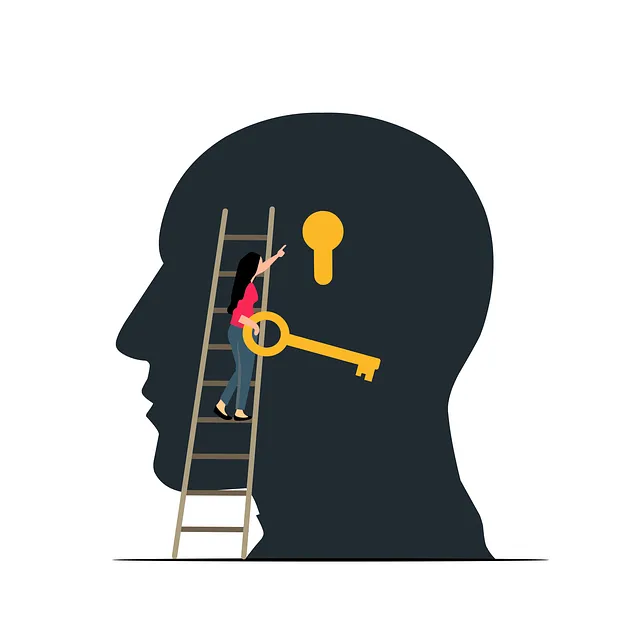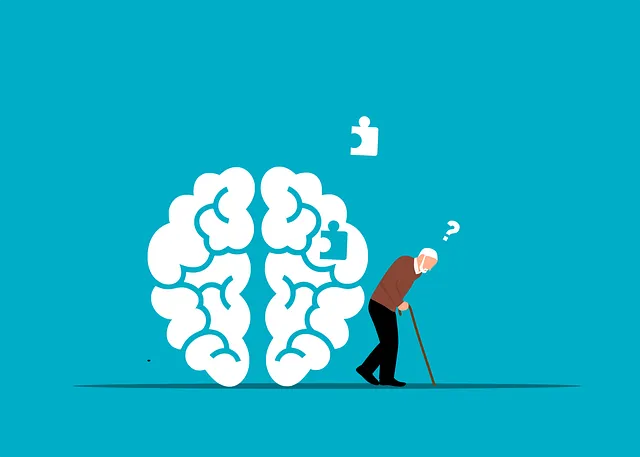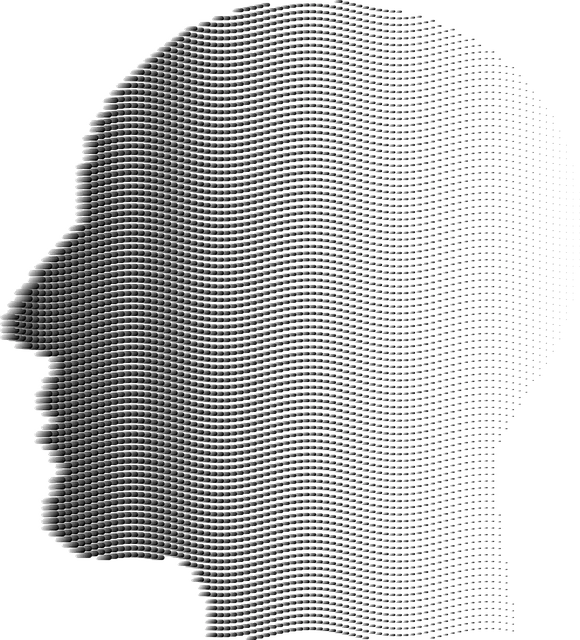The Kaiser Permanente Mental Health Access Center Centennial is a pioneering hub for revolutionizing mental healthcare accessibility, focusing on depression prevention through advanced technology, evidence-based practices and holistic strategies. Leveraging AI and machine learning, the center enhances diagnosis accuracy while personalizing treatment plans based on patient data. They offer educational programs, early intervention services, and policy analysis to improve diagnosis speed and depth, foster open discussion of mental health concerns, and ultimately enhance well-being for underserved populations through its comprehensive support system.
Mental illness diagnosis accuracy is a critical aspect of patient care, especially at centers like the Kaiser Permanente Mental Health Access Center Centennial. This article explores current challenges in diagnostic accuracy and highlights innovative strategies to enhance techniques, including the role of technology and digital tools. We delve into training and education programs designed to empower healthcare professionals, focusing on the Kaiser Permanente mental health access center Centennial’s efforts to revolutionize mental health diagnosis and improve patient outcomes.
- Understanding the Kaiser Permanente Mental Health Access Center Centennial
- The Current Challenges in Mental Illness Diagnosis Accuracy
- Innovative Strategies to Enhance Diagnosis Techniques
- Role of Technology and Digital Tools in Improving Accuracy
- Training and Education Programs for Healthcare Professionals
Understanding the Kaiser Permanente Mental Health Access Center Centennial

The Kaiser Permanente Mental Health Access Center Centennial is a notable initiative aimed at enhancing mental health services and fostering community engagement. This center serves as a pivotal hub, offering comprehensive resources and support for individuals navigating mental health challenges. Through its innovative approach, it strives to improve diagnosis accuracy and access to care, particularly in underserved communities. By integrating advanced technology and evidence-based practices, the center ensures that members of the community receive timely and effective treatment.
The Kaiser Permanente Mental Health Access Center Centennial leverages various strategies, including educational programs, early intervention services, and policy analysis, to advocate for mental health awareness. Its focus on Depression Prevention underscores the commitment to addressing a prevalent issue. This holistic approach not only aims to improve diagnosis accuracy but also to create a more supportive environment where individuals can openly discuss their mental health concerns, ultimately leading to better outcomes and enhanced well-being for all.
The Current Challenges in Mental Illness Diagnosis Accuracy

The current landscape of mental illness diagnosis presents several challenges that impact accuracy and patient care. One significant hurdle is the complex nature of mental health conditions themselves—symptoms can vary widely across individuals, overlap between disorders, and often co-occur, making differentiation difficult. This complexity is further compounded by the diverse cultural backgrounds and unique personal experiences of patients, which may influence how they express or describe their symptoms.
Additionally, the pressure to streamline diagnosis in primary care settings, as advocated for by organizations like Kaiser Permanente’s Mental Health Access Centers, can lead to oversimplification. While efficient assessment tools are essential, they must balance speed with depth to avoid misdiagnosis. The Centennial region, for instance, faces the challenge of ensuring equitable access to mental wellness coaching programs and evidence-based techniques such as conflict resolution methods, which can enhance diagnostic accuracy and Anxiety Relief while addressing systemic barriers to care.
Innovative Strategies to Enhance Diagnosis Techniques

Innovative strategies are transforming mental health diagnosis techniques at the Kaiser Permanente Mental Health Access Center Centennial. One notable approach involves integrating advanced technology, such as artificial intelligence and machine learning algorithms, to analyze vast amounts of patient data, including medical history, genetic information, and behavioral patterns. This enables healthcare professionals to make more precise diagnoses and tailor treatment plans accordingly.
Additionally, the center emphasizes the importance of not only identifying mental health issues but also equipping individuals with coping skills development strategies. By incorporating programs focused on depression prevention and burnout prevention, they empower patients with the tools necessary to manage their conditions effectively. These holistic efforts aim to improve overall mental well-being and foster a supportive environment that promotes recovery.
Role of Technology and Digital Tools in Improving Accuracy

The integration of technology and digital tools has emerged as a powerful ally in enhancing mental illness diagnosis accuracy at centers like Kaiser Permanente’s Mental Health Access Center in Centennial. Through innovative approaches, such as advanced data analytics and telemental health services, healthcare providers now have access to robust resources for more precise assessments. For instance, digital platforms can facilitate comprehensive patient history collection, enabling clinicians to identify subtle patterns and risk factors that might be overlooked through traditional methods.
Furthermore, these technological advancements allow for continuous monitoring and real-time data analysis, which is particularly beneficial in managing mood disorders. The Community Outreach Program Implementation initiatives have played a pivotal role in expanding mental health services, ensuring that at-risk individuals receive timely interventions. By combining technology with strategic policy analyses and advocacy, the Mental Health Policy Analysis and Advocacy efforts contribute to creating a more accessible and accurate mental healthcare system for all.
Training and Education Programs for Healthcare Professionals

Healthcare professionals play a pivotal role in accurately diagnosing mental illness. To enhance their capabilities, organizations like Kaiser Permanente’s Mental Health Access Center Centennial offer comprehensive training and education programs. These initiatives focus on improving diagnostic skills through advanced techniques such as Mindfulness Meditation, which can help providers better understand patient experiences and emotions. By incorporating practices like these along with Social Skills Training and Trauma Support Services, healthcare professionals gain a multi-faceted approach to accurate diagnosis. This holistic training ensures that patients receive tailored care that addresses their unique needs and challenges.
The Kaiser Permanente Mental Health Access Center Centennial serves as a beacon, highlighting the need for continued innovation in mental illness diagnosis accuracy. By understanding current challenges, adopting innovative strategies like advanced digital tools and enhancing healthcare professional training, we can strive towards more precise diagnoses. Leveraging technology and implementing comprehensive education programs are essential steps to improve patient outcomes and ensure better mental health care overall.






